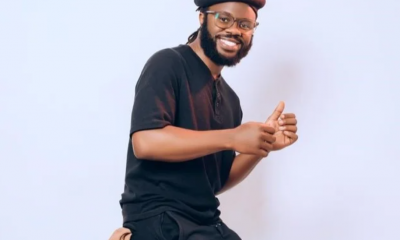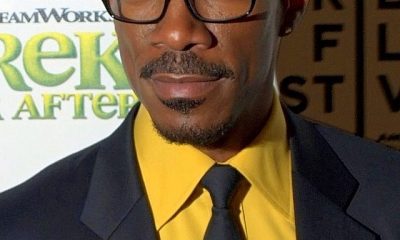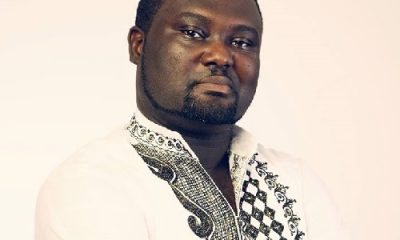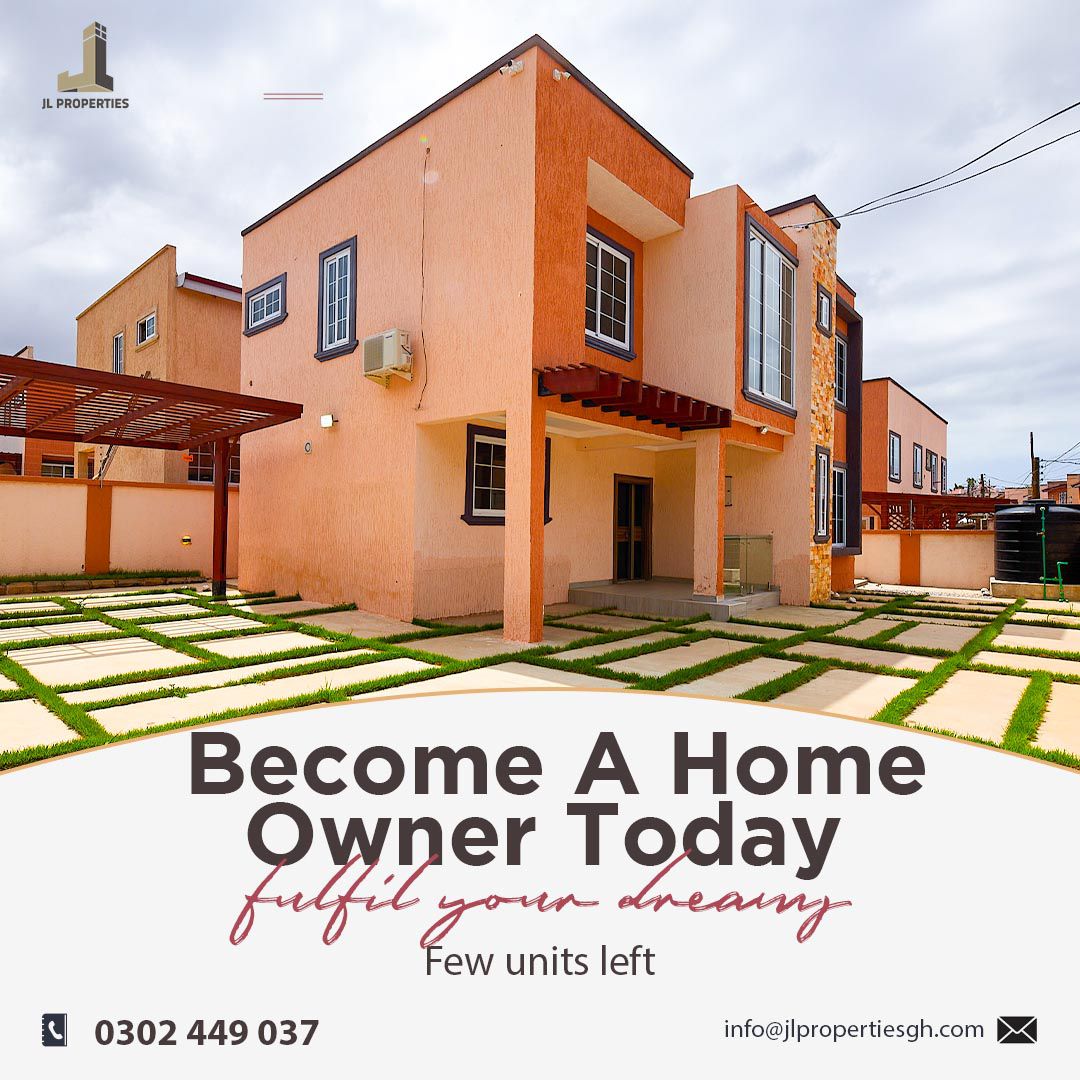Six years after ceasing operations, Afrikan Freedom Station’s co-founder, Steve Kwena Mokwena speaks to OkayAfrica about the establishment’s early years, why spaces like this are important for youth development, and what the future holds.
Many musicians who are now household names, the likes of Malcolm Jiyane, Msaki, Tumi Mogorosi and Nduduzo Makhathini, found a home to hone their craft in a tiny establishment that was located in the Johannesburg suburb of Westdene. The Afrikan Freedom Station on 5th Avenue became the hallmark of creative talent after it opened in 2012. The city lost a part of its soul when the station ceased operations in 2018. A cultural enclave was gone, and there was no indication as to when it would return.
But six years later, something of an awakening happened when Herbie Tšoaeli performed at the new station located in Sophiatown on Freedom Day this year. Lost hope was reinstated, and Joburg’s faint smile briefly returned.
Speaking in an interview, artist, filmmaker and co-owner of the station, Steve Kwena Mokwena, tells OkayAfrica about a by-gone era, as well as what the future holds for the venue.
“Some of our responses [to the lack of venue to showcase work] were pragmatic. We needed to do something with ourselves and [we did] what we were able to do with the little that we had at that time,” says Mokwena about the early years.
“I had always been vocal about the place of the young in a democratic society, and about the fact that you can measure the potential of the society by looking at how well it prepares its young for the future. We failed countless young people – perhaps two generations now – with very feeble, unthought-through policies around youth development and creating institutions that are nothing but a feeding trough of the fortunate.”
The Afrikan Freedom Station enabled a community of like-minded thinkers, and through that, a thriving live music scene was nourished. It was a youth development enterprise that attracted visionaries and supportive cultural enthusiasts, a home where musicians who needed an attentive audience could rely on.
It wasn’t only music that found a home. There were film screenings, art exhibitions, food, as well as a community market on the odd occasion. When the filmmaker Rehad Desai was looking for a place to screen his documentary about the Marikana massacre, Miners Shot Down, the station opened its door. When the FOKN Bois were in town, the station was where they chose to screen Coz Ov Moni. Fine artists such as Percy Mabandu and Jiyane, who’s also a jazz musician, had residencies and exhibited their art at the station.
“When you think about youth development in South Africa, it always comes from the idea that, ‘We want to integrate you into the mainstream of society.’ The mainstream of society is very small, it favors the middle class, the educated, the politically connected. What we need are new tributaries of productivity, of creation, of beauty, that can sustain us. And that’s how art works,” says Mokwena.
“Art does not work by joining into mediocre systems of exploitation. Art creates a new world. It might not have seemed like it when we were sitting in that shop in Westdene, and there were probably 150 of us crammed listening to some of the finest music on earth. It didn’t seem like what was happening here was a new spiritual architecture for a movement. And now we’re able to look back and say, ‘Wow, how did that get there?’ What a beautiful time,” reminisces Mokwena.
The property where the original Afrikan Freedom Station was at got sold off, and the parking lot opposite was developed into a residential area for students. At the same time, Mokwena started working on a project about memorialization at Robben Island. All these contributed to the station ceasing operations.
“Me and my business partner Coco Merckel were able to buy a plot in Sophiatown, we bought that plot in 2016/2017. And then we went to work in Cape Town like migrants,” says Mokwena. “And in the space between working in Cape Town and living there, we started the transformation of number 29 Edward Street, which is just across from the BP garage. And just last month we put up a mosaic of our name, marking the arrival of the Freedom Station in Sophiatown.”
For Mokwena, the official reopening of the station was a “very emotional” moment. “It was very clear that all that work, all those nights, all the dreaming has made a new, strong foundation. The station is amazing because what I’ve learned from the first one is that it’s going to create itself. People tell me what to do, and I do it. I realize that has been my unique contribution, to be available when people say they are exploring something.”
SOURCE;OKAYAFRICA






















